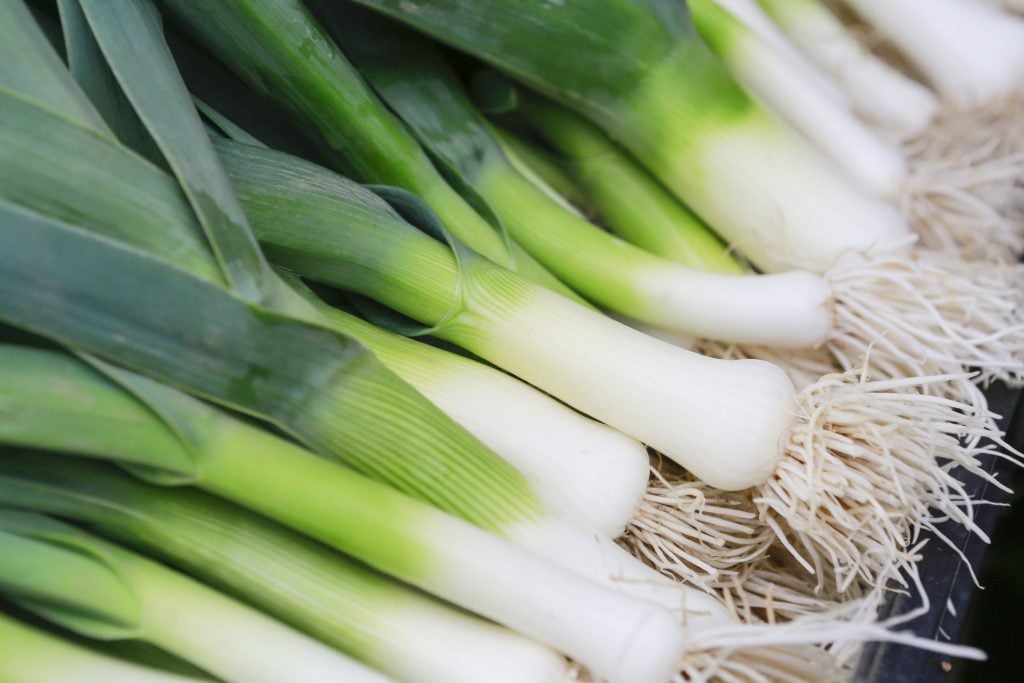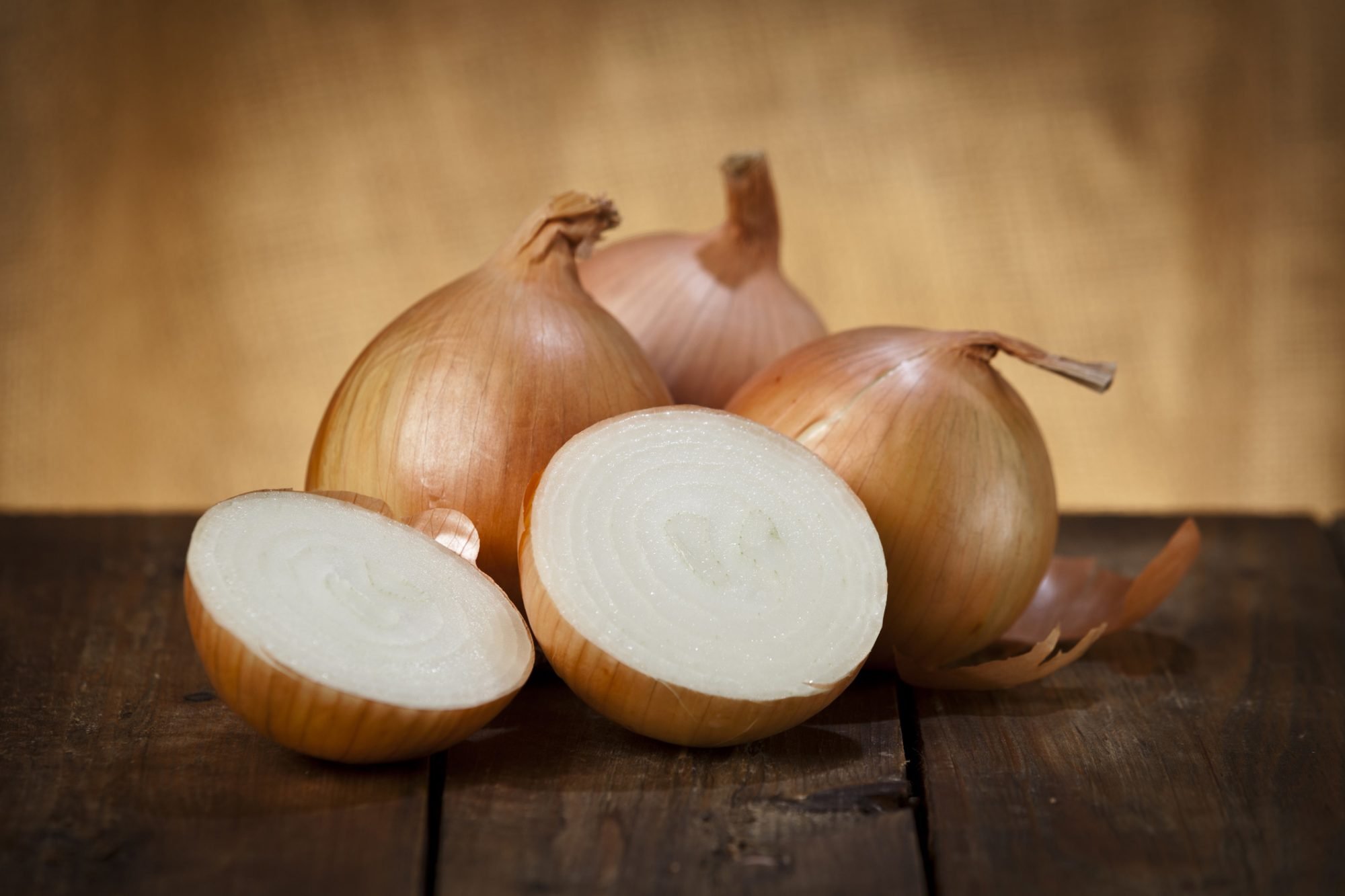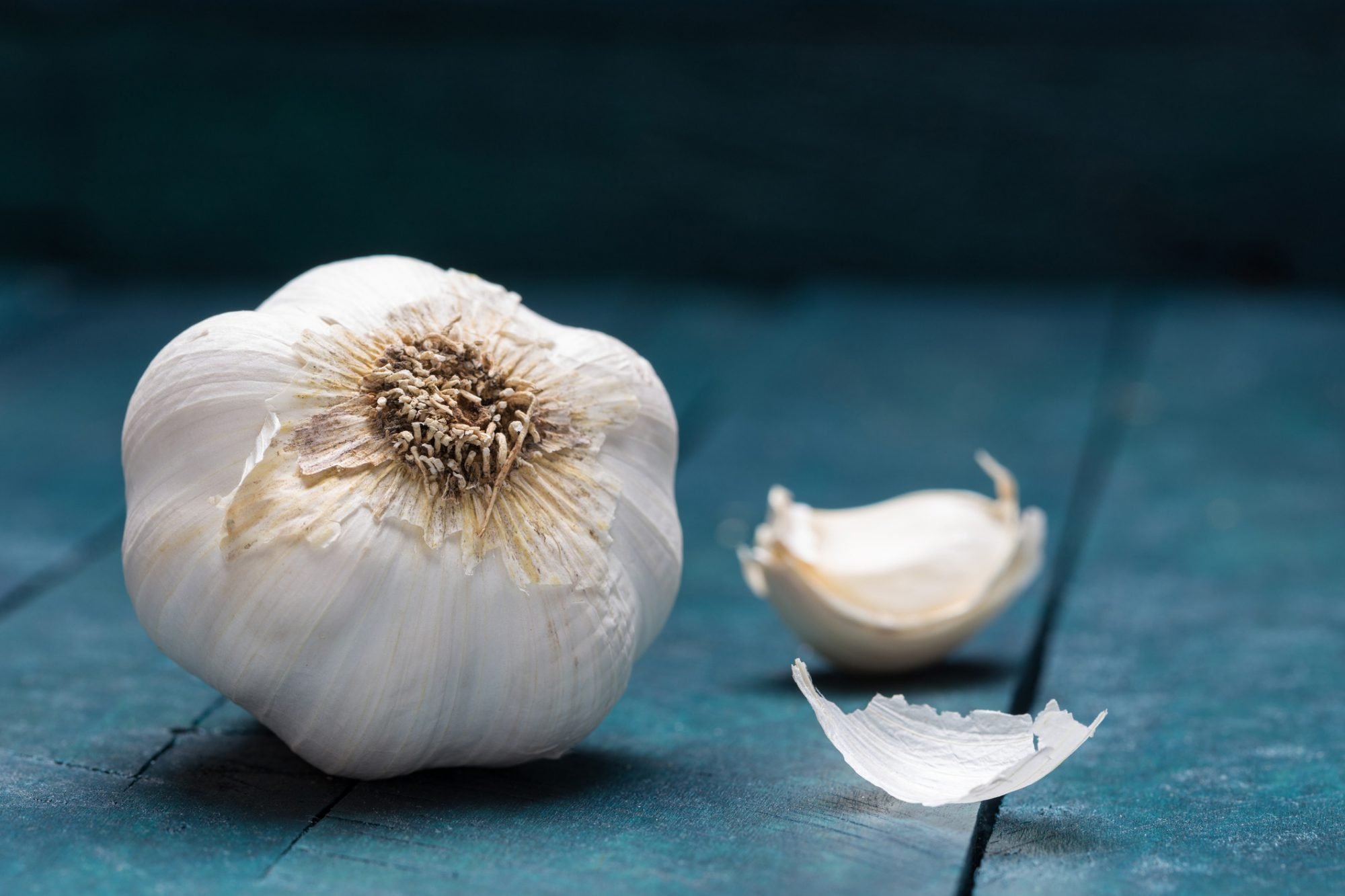Allium food takes center stage in this captivating exploration, inviting readers to delve into a world of culinary delights and healthful wonders. From the pungent aroma of garlic to the delicate sweetness of leeks, alliums offer a symphony of flavors that tantalize the taste buds and nourish the body.
With their versatility in the kitchen and their remarkable health-promoting properties, alliums have earned a place of honor in cuisines and medicine cabinets around the globe. Join us as we uncover the secrets of these culinary and medicinal marvels, exploring their culinary uses, health benefits, cultural significance, and more.
Cultivation and Storage of Allium Foods
Allium foods, such as onions, garlic, shallots, and leeks, are versatile and flavorful ingredients used in various cuisines worldwide. Their cultivation and storage play a crucial role in preserving their quality and extending their shelf life.
Ideal Growing Conditions
Allium varieties have specific growing requirements to thrive. Onions and garlic prefer well-drained soil with a pH between 6.0 and 7.0. They need full sun and regular watering, especially during the bulb formation stage. Shallots and leeks, on the other hand, can tolerate partial shade and require more moisture.
Planting and Care
Planting times vary depending on the region and climate. Generally, onions and garlic are planted in the fall or early spring, while shallots and leeks can be planted in the spring or fall. Proper spacing is essential to allow for adequate air circulation and root development.
Watering should be consistent, especially during hot and dry periods. Fertilizing with a balanced fertilizer during the growing season supports plant growth and bulb development.
Harvesting and Storage
Harvesting time depends on the maturity of the bulbs. Onions and garlic are typically ready to harvest when the tops start to turn brown and fall over. Shallots and leeks can be harvested when they reach their desired size.
Proper storage is essential to maximize the shelf life of allium foods. They should be stored in a cool, dry, and well-ventilated area. Onions and garlic can be stored for several months, while shallots and leeks have a shorter shelf life.
Cultural Significance and Historical Uses of Allium Foods

Allium foods, encompassing onions, garlic, shallots, leeks, and chives, have played a significant role in culinary traditions and cultural practices across the globe. Their distinct flavors and medicinal properties have earned them a prominent place in cuisines, folklore, and traditional medicine for centuries.
Culinary Significance
Allium foods are culinary staples in many cultures, adding depth and flavor to a wide range of dishes. In Mediterranean cuisine, onions and garlic form the aromatic base for stews, sauces, and marinades. In Asian cooking, shallots and leeks lend their subtle sweetness to stir-fries and soups.
In Latin American cuisine, chives are commonly used as a garnish and seasoning for tacos, salads, and salsas.
Historical Medicinal Uses
Beyond their culinary significance, allium foods have a rich history of medicinal uses. Garlic, in particular, has been employed in traditional medicine for its antibacterial, antiviral, and antifungal properties. In ancient Egypt, garlic was used to treat wounds, while in Ayurvedic medicine, it was prescribed for respiratory ailments and digestive issues.
Cultural Practices and Beliefs
Allium foods are also deeply ingrained in cultural practices and beliefs. In some cultures, onions are believed to ward off evil spirits, while garlic is said to protect against vampires. In certain parts of Asia, shallots are used in traditional ceremonies to symbolize prosperity and good luck.
Chives, with their delicate flavor, are often associated with spring and new beginnings.
Nutritional Value of Allium Foods

Allium vegetables are nutritional powerhouses, boasting an impressive array of essential nutrients that contribute to overall well-being. Let’s delve into the nutritional profile of different allium varieties and explore their potential health benefits.
Nutritional Content Comparison
The following table compares the nutritional content of various allium vegetables per 100 grams:
| Nutrient | Garlic | Onion | Leek | Shallot | Chives |
|---|---|---|---|---|---|
| Calories | 149 | 40 | 22 | 70 | 30 |
| Carbohydrates (g) | 33.1 | 9.3 | 5.2 | 16.4 | 6.4 |
| Protein (g) | 6.3 | 1.1 | 1.5 | 2.5 | 1.2 |
| Fat (g) | 0.5 | 0.1 | 0.3 | 0.1 | 0.2 |
| Fiber (g) | 2.1 | 1.7 | 1.1 | 2.6 | 1.0 |
| Vitamin C (mg) | 31.2 | 7.9 | 12.2 | 7.3 | 24.2 |
| Vitamin K (µg) | 1.8 | 1.0 | 125.0 | 2.0 | 28.0 |
| Potassium (mg) | 401 | 181 | 296 | 182 | 180 |
| Manganese (mg) | 0.2 | 0.04 | 0.1 | 0.04 | 0.1 |
| Quercetin (mg) | 1.5 | 0.2 | 0.1 | 0.4 | 0.1 |
Potential Nutritional Benefits, Allium food
Incorporating allium foods into a balanced diet offers numerous nutritional benefits:
- Antioxidant Protection:Allium vegetables are rich in antioxidants, such as quercetin and allicin, which help protect cells from damage caused by free radicals.
- Anti-Inflammatory Properties:Compounds like allicin and other sulfur compounds possess anti-inflammatory properties, reducing inflammation throughout the body.
- Cardiovascular Health:Allium foods contain compounds that help lower blood pressure, improve cholesterol levels, and reduce the risk of heart disease.
- Antimicrobial Activity:Allicin and other sulfur compounds have antimicrobial properties, helping to fight off infections.
- Improved Blood Sugar Control:Allium vegetables contain compounds that can help regulate blood sugar levels, making them beneficial for individuals with diabetes.
Culinary Inspirations and Creative Applications

Allium foods offer a culinary canvas brimming with possibilities. Their versatility and distinct flavors ignite inspiration in kitchens worldwide, inviting experimentation and creativity.
Alliums can elevate dishes as flavor enhancers, gracing sauces, marinades, and spice blends. Their pungent notes add depth and complexity, tantalizing taste buds with each bite.
As Flavor Enhancers
- Minced garlic and sautéed onions form the aromatic base of countless savory dishes, adding warmth and richness.
- Leeks, with their mild sweetness, lend a delicate flavor to soups, stews, and casseroles.
- Chives, with their grassy notes, brighten salads, dips, and omelets.
Beyond their flavor-enhancing prowess, alliums also serve as vibrant garnishes. Their colors and textures add visual appeal to any plate.
As Garnishes
- Thinly sliced green onions or scallions bring a crisp freshness to soups, noodles, and stir-fries.
- Chopped chives sprinkle a touch of green over baked potatoes, scrambled eggs, and deviled eggs.
- Sautéed shallots add a golden-brown crunch to salads, grilled meats, and pasta dishes.
But alliums’ culinary potential extends beyond mere flavoring and garnishing. They can take center stage as the star of a dish, showcasing their unique characteristics.
As Centerpieces
- Roasted garlic bulbs, with their soft, caramelized cloves, offer a delectable treat.
- Onion rings, crispy and golden, are a beloved appetizer or side dish.
- Stuffed leeks, filled with a savory mixture of bread crumbs, herbs, and cheese, are a hearty and flavorful main course.
Culinary techniques further enhance the versatility of alliums. Sautéing, roasting, grilling, and pickling each brings out different flavors and textures, unlocking a world of culinary possibilities.
FAQ Insights
What are the most common allium foods?
Garlic, onions, leeks, chives, shallots, and scallions are among the most widely used allium foods.
Are alliums healthy?
Yes, alliums are rich in antioxidants, anti-inflammatory compounds, and antimicrobial properties, making them beneficial for overall health.
How can I incorporate more alliums into my diet?
Alliums can be added to a variety of dishes, including salads, soups, stews, stir-fries, and more. They can also be used as flavor enhancers in sauces, dressings, and marinades.
